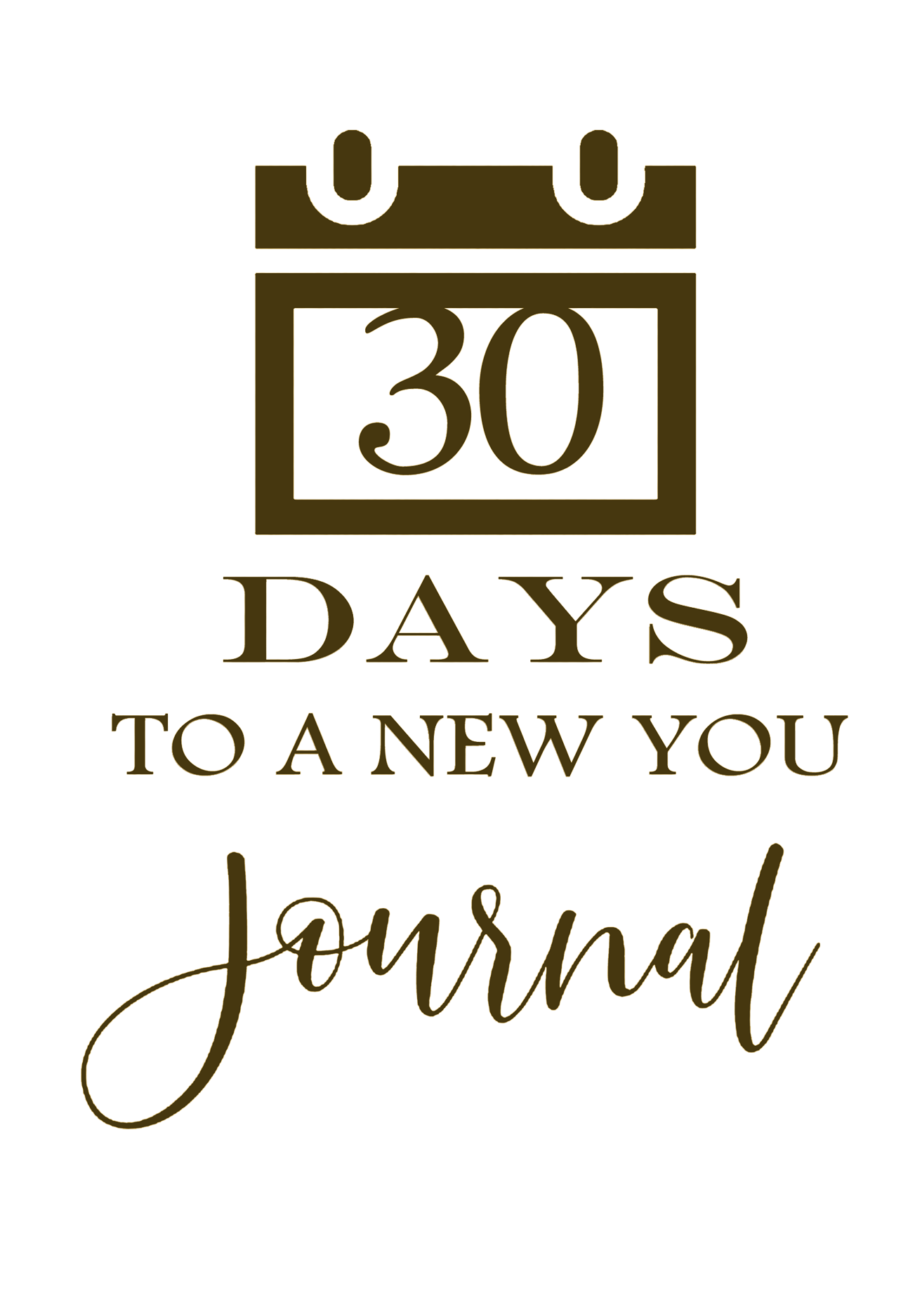
5 Steps to Freedom from Anxiety
Anxiety feels like a tightening in your throat that you cannot quite shake off no matter what you do. Anxiety puts you on edge, making it a hassle to do the thing you usually do. It places a strain on your personal and professional life. It absorbs and overwhelms you leaving you destabilized and inadequate. It can be scary when you are at the mercy of your thoughts, especially and lacking the ability to control them.
The 5 Steps to Freedom from Anxiety stated here will help you rip yourself out of the grip of anxiety.
Let's get started with the first step.
Look into the Root Cause of your Anxiety
Anxiety is a debilitating situation. However, it can also be brought about by stress. If you're grappling with anxiety, it's essential to study the source of the cause. The initial action starts by recognizing the cause of your anxiety. Are you smarting from nonsensical expectations, or is your character flat-out flawed? Wide-scale modifications in your surroundings can trigger a dash of sensations. Once activated, those feelings can control your behavior for days, even weeks - except you recognize and regulate the origin basis of your anxiety. Anxiety stays an undeniable part of growth and transformation - but if the fear grows chronic, it can hinder you from progressing ahead in the most suitable course.
Focus on Relevant Solutions
Going by experience anxiety can be like seizing a truck by holding a
velcro strap. You can't change its direction or speed, and as long as it's still in your hands, it's not going anywhere. The easiest way out of this is to focus on relevant solutions—things you can do to get rid of the anxiety—instead of worrying about the opposite (raising your hand in a debate and demanding attention).
The key to freedom from anxiety is focusing on relevant solutions, not anxious thoughts. It's tempting to think of anxiety as an inevitable part of life. The more you think about it, the worse it gets. But there's something about thinking about anxiety that makes it easier to solve. It removes the fear that something terrible will happen if you don't do something. When you focus on avoiding anxiety, the thoughts can turn into rituals that make you feel bad about yourself.
Recognize (and Ruminate Less) on your Triggers
Every day we encounter emotions. Some are comfortable. Also, some are not so comfortable. Some trigger recollections which make us feel anxious. Examine your triggers and discern if all are associated with anxiety-provoking circumstances. What led to the stimulus? What emotion sprung forth? Was it caused by witnessing or discovering something that produced anxiety? Did you come in connection with something that could hurt you? Suppose the suspicion is similar to anxiety or the trigger. In that case, preferring to avoid the circumstances will improve the discomfort felt and the reasonableness of recurrence.
Escape Anxiety-Provoking Situations
After identifying what triggers your anxiety, the best option to avoid anxiety-provoking situations is to evade them in the first place. This, however, requires more work to do than it is to speak. Because preparing for and avoiding anxiety demands that you distinguish the triggers that leave you in anxious states in the first place.
Expose Yourself to Your Feared Event Until You Feel More Comfortable with It.
This reads like the exact opposite of the advice we just gave in the preceding paragraph. It is so little you can do when you are always running from the events that triggered. Avoid the triggers can be a short-term solution to a long-term problem. To overcome anxiety in the long term, you need to expose yourself to your anxiety trigger so often that you no longer get the feeling you do when the motivation comes on. This way, you can say you have overcome that trigger and would leave an even better life.
What can you take away from this?
Anxiety is a well-known problem among many people globally, so you shouldn't feel like what you are feeling is particular to just you. Anxiety can lead to insomnia and intense fear, issues with concentration, among many other problems.
In this article, we discussed five steps to help you combat and cope with anxiety. The first is to Look into the Root Cause of your Anxiety, after which you Focus on Relevant Solutions. Next, you Recognize (and Ruminate Less) your Triggers. Finally, you can combat anxiety in a short time by Escaping Anxiety-Provoking Situations. In contrast, you fight stress in the long-term by exposing Yourself to Your Feared Event Until You Feel More Comfortable with It.






